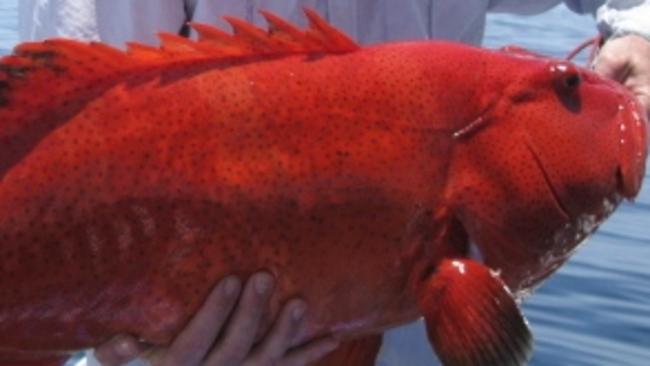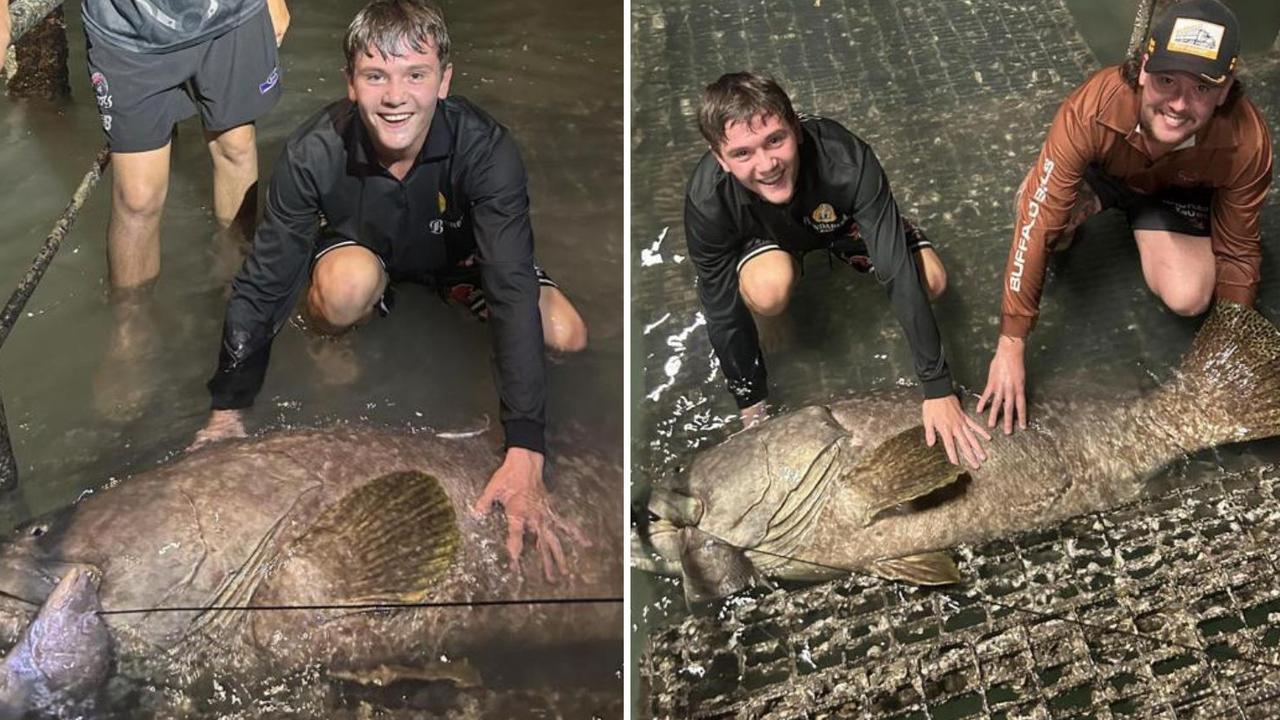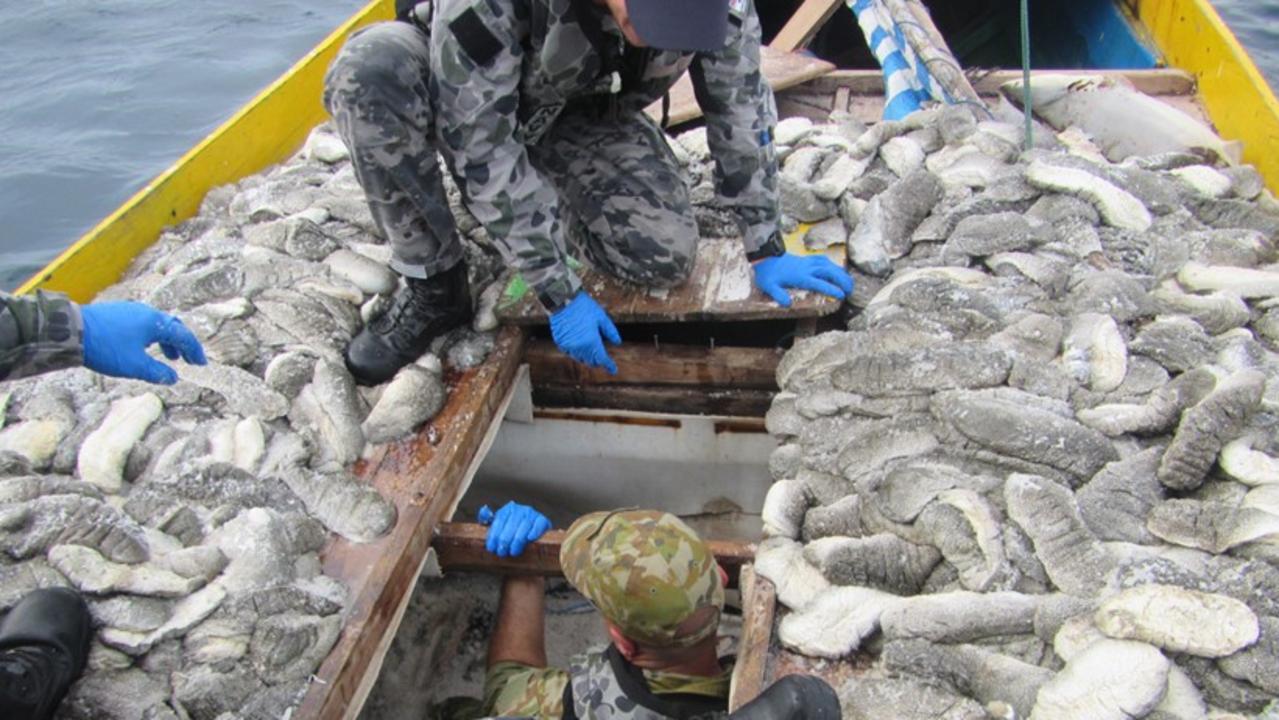Loss of predators eats away at reef system
Commercial and recreational fishing is taking a toll on the Great Barrier Reef’s food chain, researchers say.

Fishing
Don't miss out on the headlines from Fishing. Followed categories will be added to My News.
Commercial and recreational fishing is taking a toll on the Great Barrier Reef’s food chain, researchers say.
A James Cook University study has found removing predatory fish like coral trout, snapper and emperor fish significantly changes the make-up of the reef’s ecosystem.
“A healthy coral reef contains a diverse array of species of all different kinds,” co-author and PhD student April Boaden said.
“That level of diversity is what helps make reefs resilient to changes.”
Researchers studied fish populations in a variety of zones – from marine reserves to commercial fishing areas – and compared the health of their respective ecosystems.
In zones that permitted fishing, they found a disproportionate number of prey and not enough predators to keep them in check. By contrast, pristine and protected reef environments had up to five times the number of predators.
The removal of species at the top of a reef’s food chain not only threatened its natural balance but added to a host of human-inflicted challenges, Ms Boaden said.
But unlike climate change and run-off, fishing impacts were relatively easy to manage.
“We know we can mitigate it through zoned reserves,” Ms Boaden said.
Her study, written with ARC Centre of Excellence for Coral Reef Studies colleague Professor Mike Kingsford, is published in journal Ecosphere .


